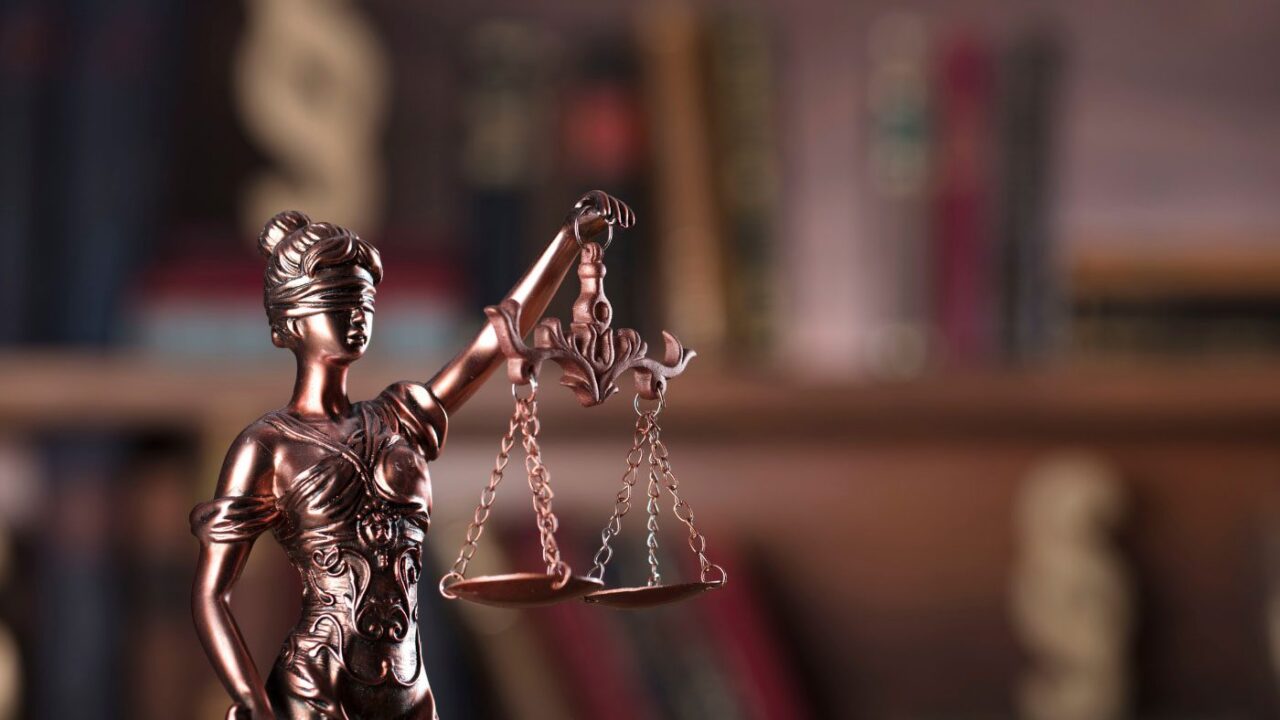Dietrich V. The Queen is a case that was heard in 1992 at the High Court of Australia which is a landmark judgment in establishing that legal aid must be necessarily provided to defendants in heinous criminal trials. This case is said to have a fundamental impact on the Australian Justice System.
FACTS OF THE CASE :
The case began in Victoria County Court, where Olaf Dietrich, subsequently known as Hugo Rich, had been found guilty of bringing in a quantity of heroin sufficient for trafficking. Dietrich asked for legal representation in a number of ways before the trial, all of which were denied. The case was taken to the High Court of Australia after the Victorian Court of Criminal Appeal denied the request for leave to appeal. Dietrich’s attorney filed an appeal on the grounds that Dietrich’s lack of counsel rendered the County Court of Victoria trial invalid.
Dietrich requested special leave to appeal to the High Court on the grounds that the Court of Appeal erred in law by ruling that Dietrich did not have a legal right to be represented by counsel at public expense and/or by refusing to grant him an adjournment because his lack of representation resulted in a miscarriage of justice.
The majority rejected the claim that an accused person has a constitutional right to counsel at the government’s expense and that the right to a fair trial is a cornerstone of Australian criminal law.
JUDGMENT:
In passing, Deane and Gaudron even suggested that Chapter III, which demands that due process and justice be followed, may, in some cases, guarantee the right to representation.The two also agreed that there was a connection between due process and the right to a fair trial, though they did not elaborate on the specifics of that connection. As a result, it can be assumed that the justices view it as a fundamental duty of courts to prevent unfair trials.
The majority of the Court concluded that a defendant has a right to a fair trial and that courts have the authority to postpone a case as needed to ensure this right is upheld. Cases in the past demonstrate that an unrepresented defendant charged with a major offense would face an unfair trial
JUDGEMENT REVIEW BY SREYA MARY.


